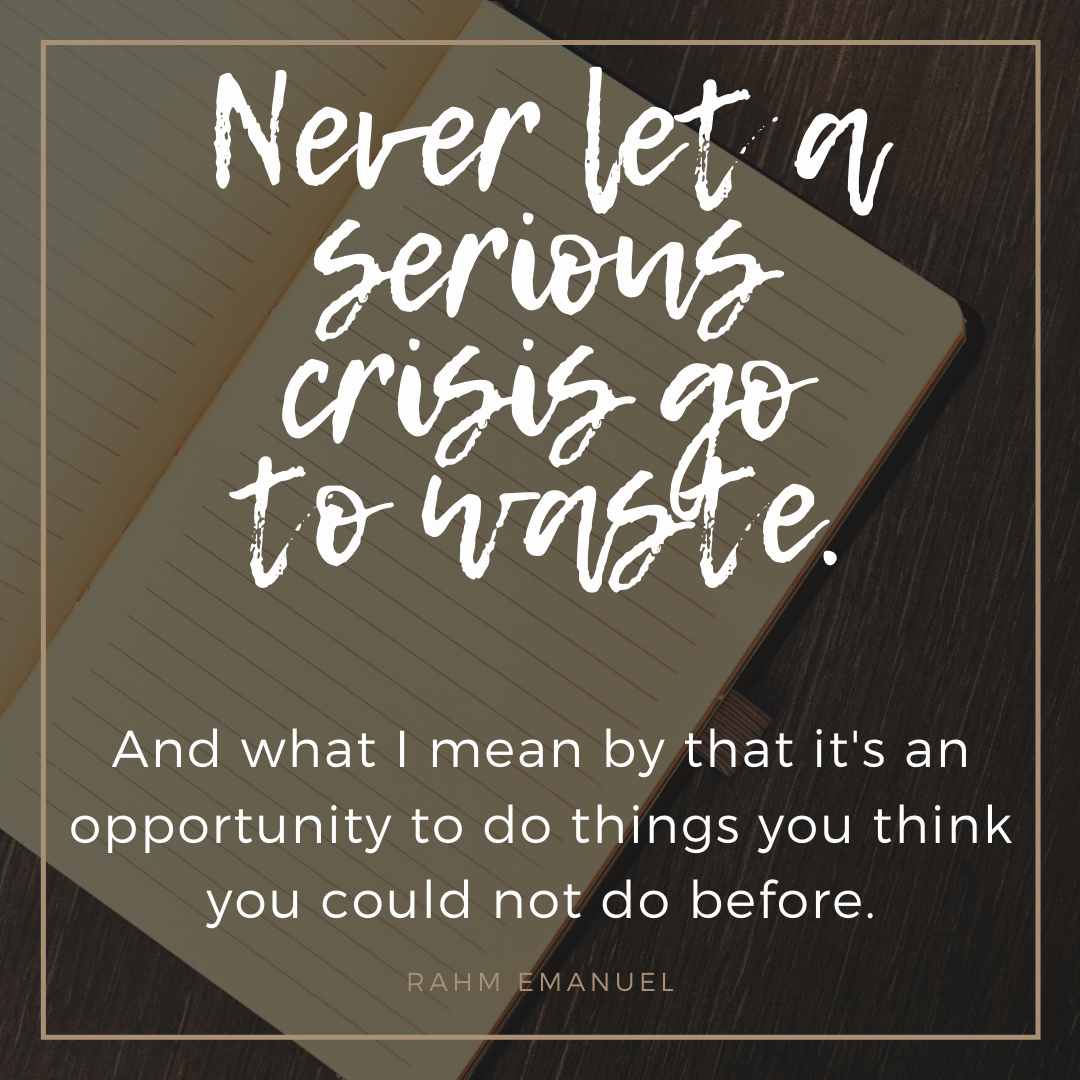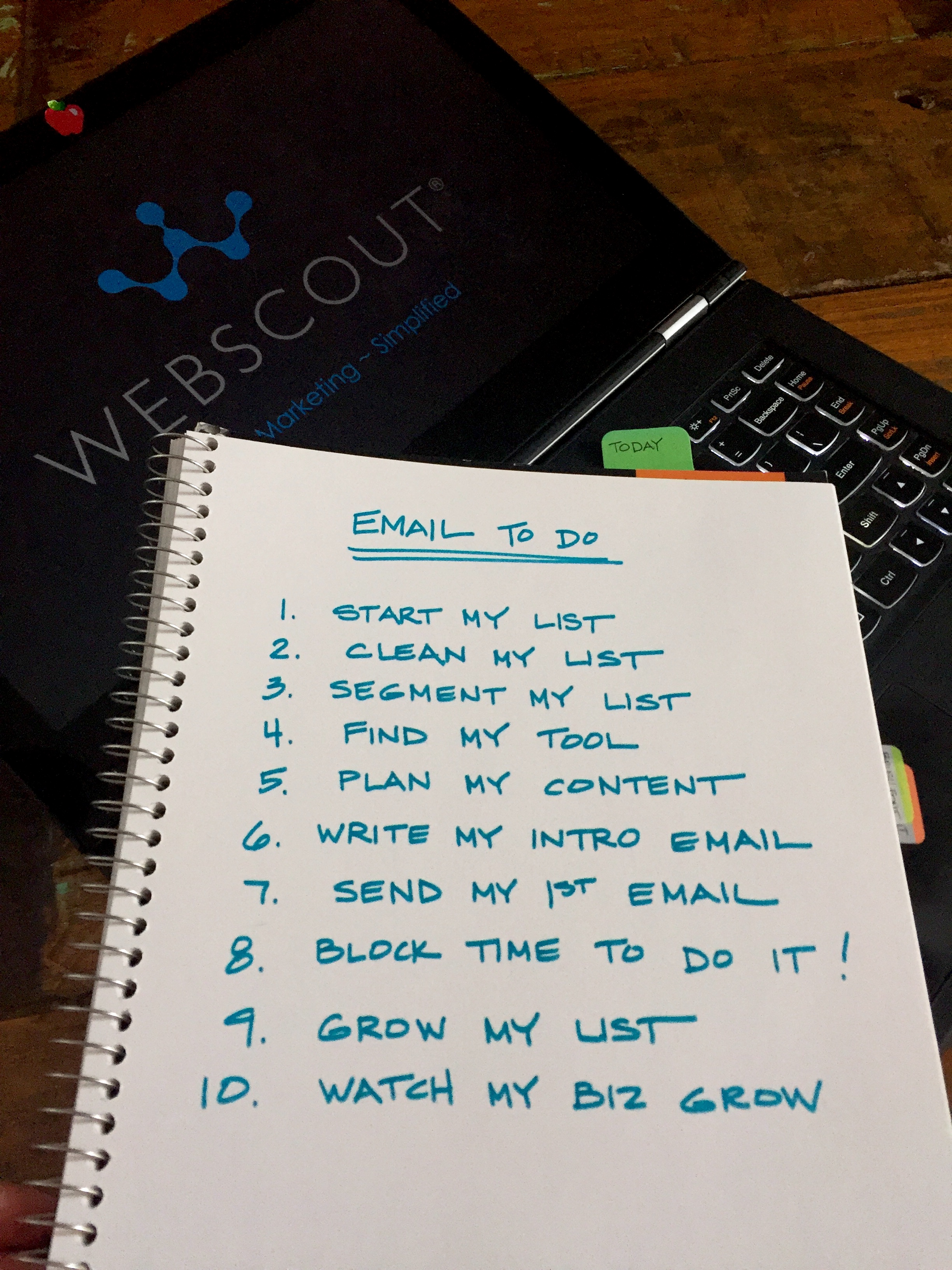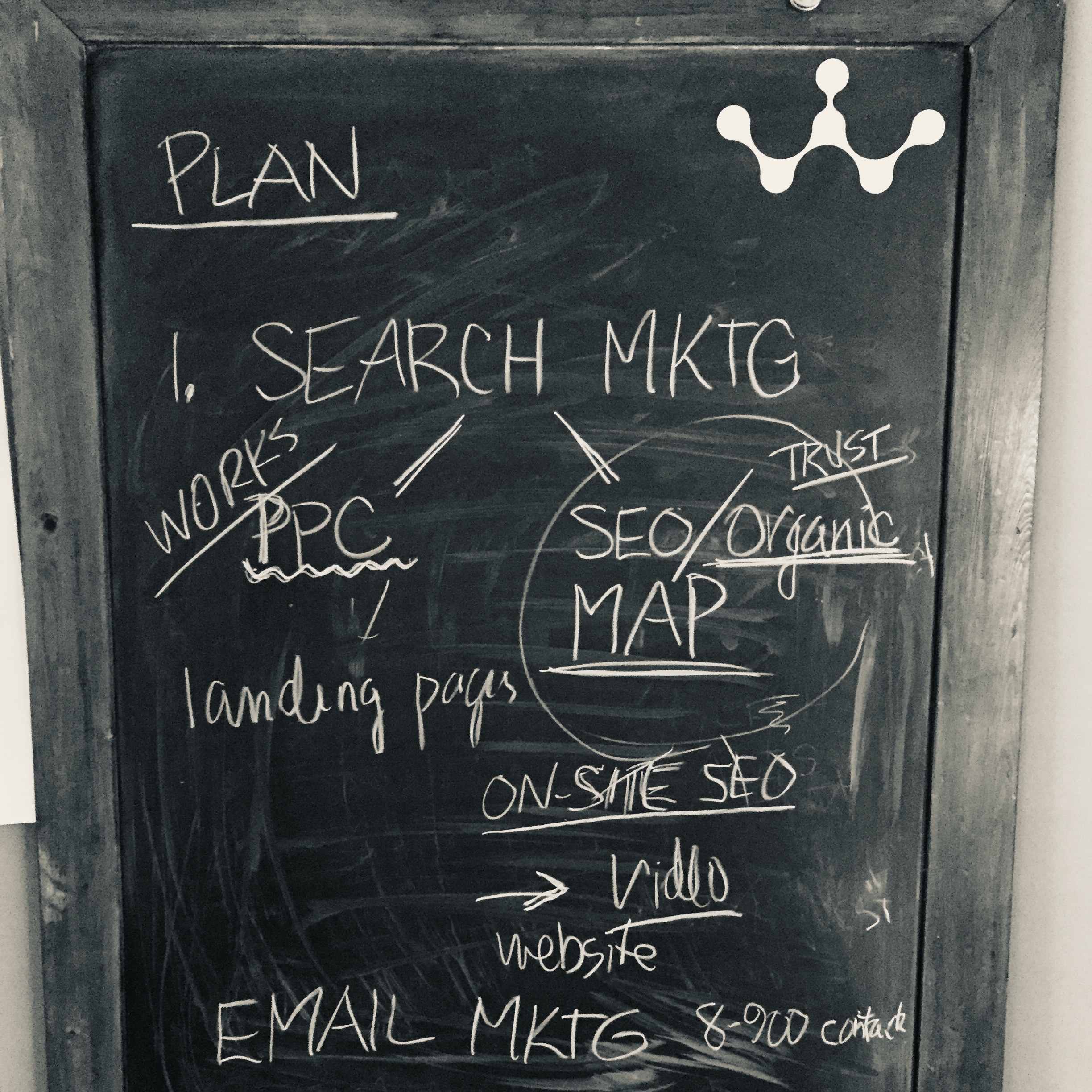Wow, what a mess we’re in — and we have been in for a long time.
The world has changed in 2020: some good, some bad and some change is just plain long overdue.
When it comes to racial discrimination, make sure you and your small business are NOT a part of the problem.
As a small business owner, here are 5 things you can do now.
- Get unconscious bias testing done for you and your team. You can keep the results private if you’d like. Just do it. It will help raise your overall awareness!
- Get racially responsive and prejudice reduction training for you and your leadership team. Include all the employees if you can. Approach it with an open mind and expect to feel uncomfortable. All growth requires some degree of discomfort.
- Hire with an overall diversity goal in mind — something you track and measure. Make it a top priority. Review resumes without names and try skills-testing as a part of your screening/interview process.
- Purposefully select a person of color to mentor.
- If you see something, say something. Racial microaggressions only keep their power if they remain invisible. Leaders need to be leaders here.
What is a microaggression?
According to Derald Wing Sue Ph.D. in his Microaggressions in Everyday Life article from Psychology Today…
“Microaggressions are brief and everyday slights, insults, indignities and denigrating messages sent to people of color by well-intentioned white people who are unaware of the hidden messages being communicated.”
There are three types: microinsults, microinvalidations and microassaults.
How can we recognize them when they are invisible?
Here are a few examples of racial microaggressions:
- A white person describes a black person as well-spoken or articulate.
- A black male student is asked what sport he plays at his university.
- A Latina executive is described as spicy.
Here are two examples from my own experiences:
- Friends of mine were out at a brewery in the 1990s. When they left, a white man gave his keys to a black man standing outside next to the valet stand. The black man was actually the famous basketball player Muggsy Bogues. My friend was embarrassed and devastated he made that mistake…and has never lived it down. We laugh about it as a group because it was an incredibly embarrassing moment with a famous athlete, but the reality is…was it because he was black? IDK…we don’t even know! That’s the point. It’s so subtle and ingrained in our culture that we don’t even recognize it when it happens.
- Earlier this year, a white woman was describing how much she loved the newest Mexican restaurant in town. While trying to convey the authenticity of the food, she says, “I want Jose to prepare my taco, right?” I asked, “Wow, was the cook’s name actually Jose?” …crickets
I am POSITIVE I have made stupid, thoughtless comments like these throughout my lifetime. I am horrified by each one I don’t even know about. But I am committed to becoming more and more aware as well as continuing to listen carefully, educate myself and say something when I see something.
We are so used to these comments and behavior and easy/ignorant ways of seeing, describing and categorizing people, places and things…it’s sometimes hard to see how they can really be harmful. But they are.
Here’s the harmful impact Dr. Sue shared with us in 2010. Yes, ten years ago! Let that sink in for a second.
“Many racial microaggressions are so subtle that neither target nor perpetrator may entirely understand what is happening. The invisibility of racial microaggressions may be more harmful to people of color than hate crimes or the overt and deliberate acts of white supremacists such as the Klan and Skinheads. Studies support the fact that people of color frequently experience microaggressions, that it is a continuing reality in their day-to-day interactions with friends, neighbors, co-workers, teachers, and employers in academic, social and public settings.
They are often made to feel excluded, untrustworthy, second-class citizens, and abnormal. People of color often describe the terrible feeling of being watched suspiciously in stores, that any slipup they make would negatively impact every person of color, that they felt pressured to represent the group in positive ways, and that they feel trapped in a stereotype. The burden of constant vigilance drains and saps psychological and spiritual energies of targets and contributes to chronic fatigue and a feeling of racial frustration and anger.
Space does not allow me to elaborate on the harmful impact of racial microaggressions, but I summarize what the research literature reveals. Although they may appear like insignificant slights, or banal and trivial in nature, studies reveal that racial microaggressions have powerful detrimental consequences to people of color. They have been found to: (a) assail the mental health of recipients, (b) create a hostile and invalidating work or campus climate, (c) perpetuate stereotype threat, (d) create physical health problems, (e) saturate the broader society with cues that signal devaluation of social group identities, (f) lower work productivity and problem solving abilities, and (g) be partially responsible for creating inequities in education, employment and health care.”
Please take this seriously. And take action — some action, any action. It’s up to us. All of us, not just these people or those people. Believe me, I do NOT feel “qualified” to write about this. But I do know I have to do something.
My friend, Dr. Lucretia Berry, is helping to raise the next generation with greater understanding. Consider learning from and supporting her anti-racism efforts through Brownicity.
Please share any and all resources, links, etc. to help us all do our part.





